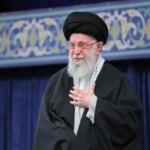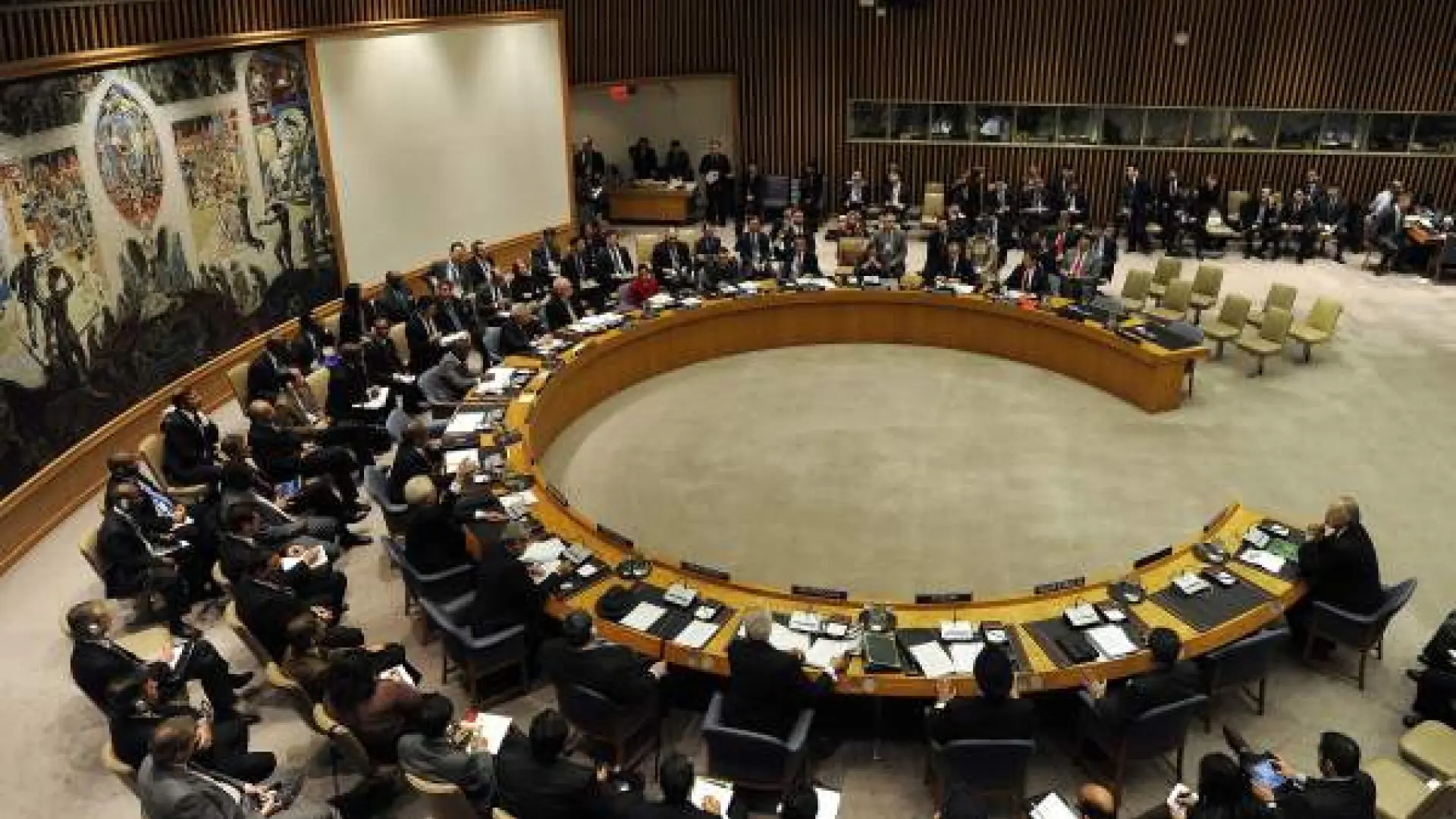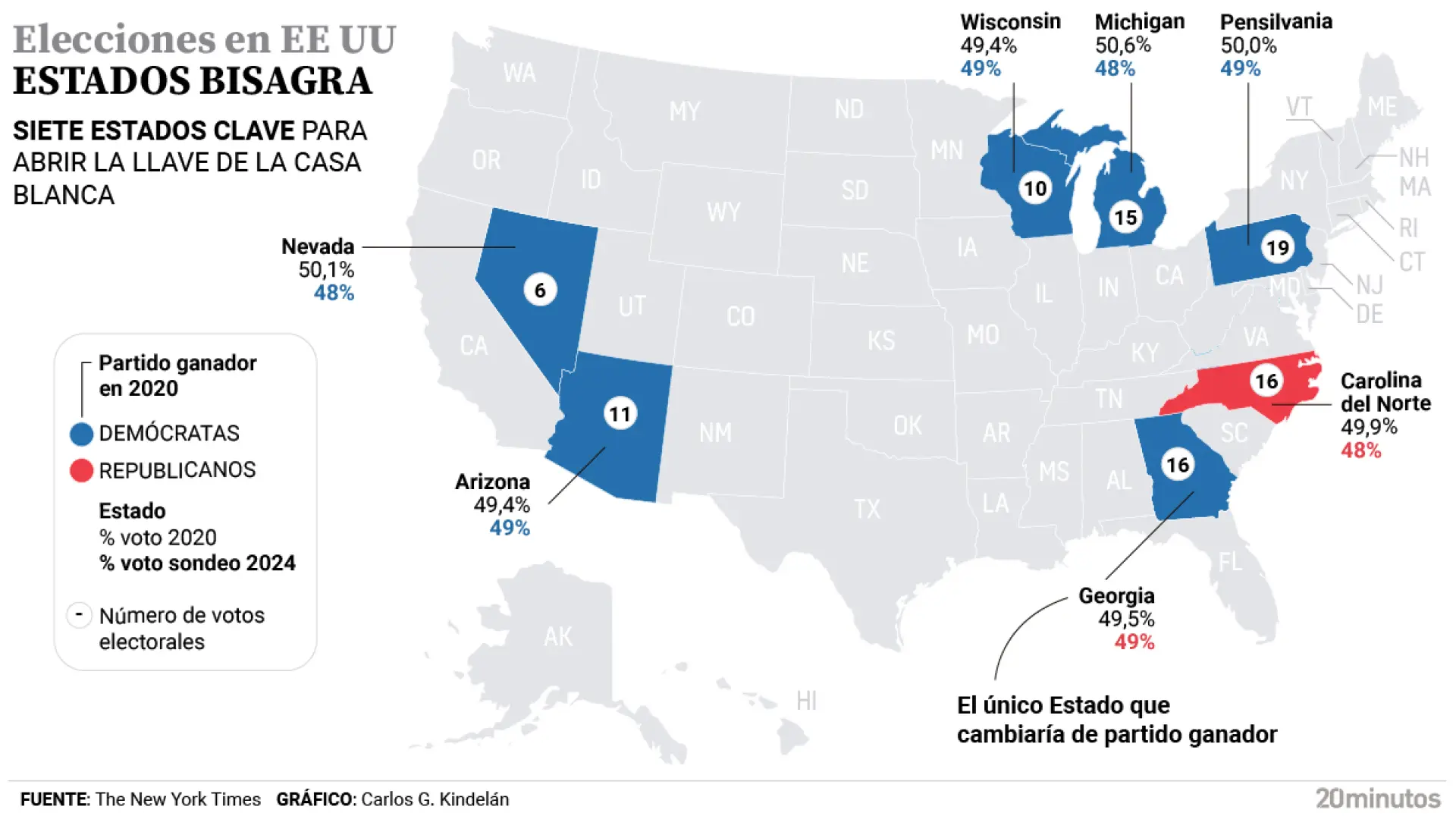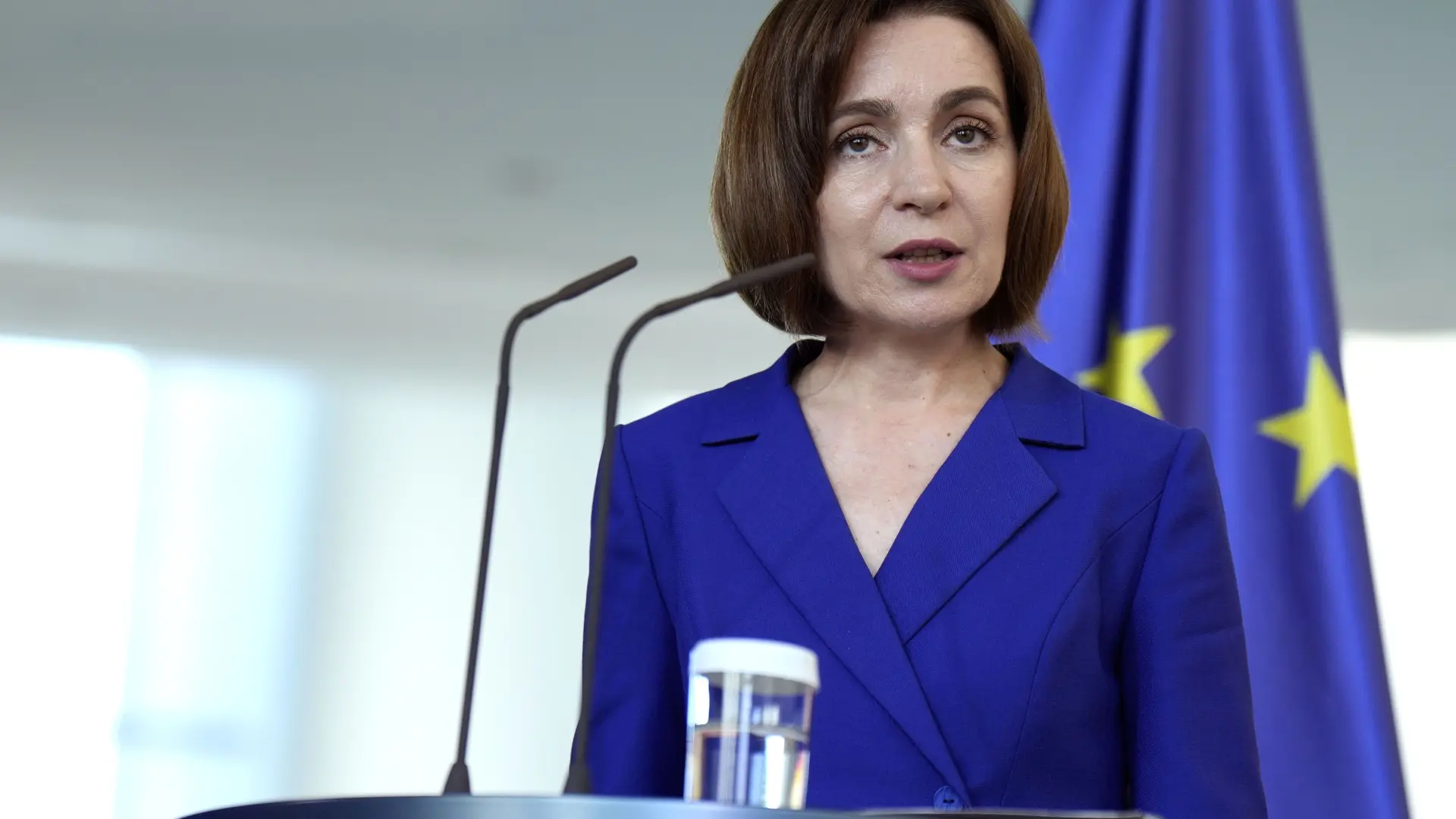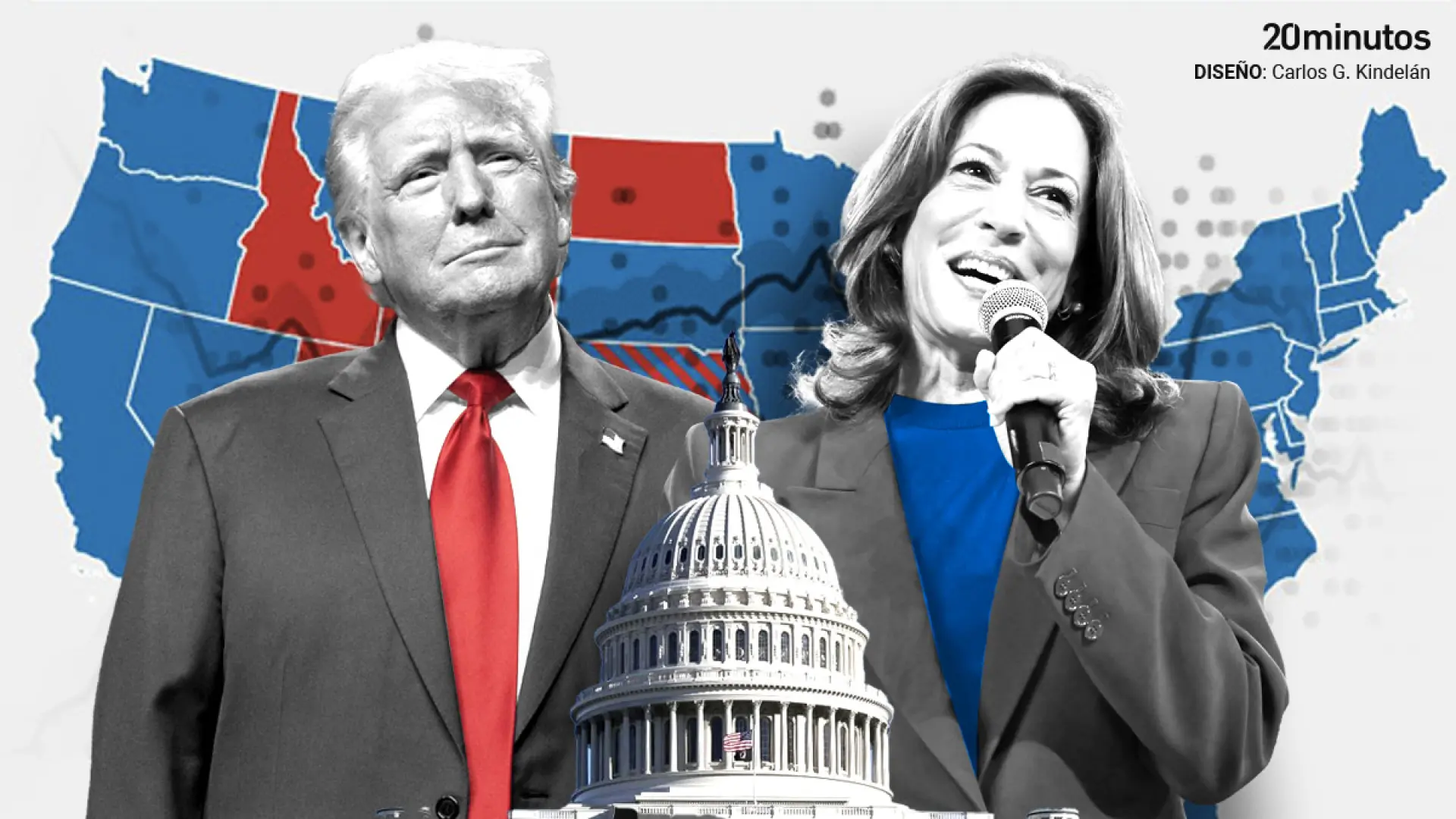He United Nations Security Council He demanded for the first time a ceasefire in Gaza, after the abstention of the United States allowed the shock approval of this decision calling for a short-term cessation of hostilities in the strip. Although the whole lot indicated that the proposal would fail in the Council after the earlier vetoes of Russia, China and the United States (after the ceasefire proposals linked to the launch of hostages), this time the American abstention and the favorable vote of 14 different members have allowed the petition to go ahead.
What does the decision accredited by the UN suggest?
The resolution accredited by the UN Security Council requires Israel and Hamas to Immediate ceasefire in Gaza throughout the month of Ramadan, of which two weeks stay. The doc additionally requires “the Immediate and unconditional launch of all hostages“, in addition to ensures for the humanitarian support entry to Gaza to satisfy the wants and strengthen the safety of the civilian inhabitants.
The decision has handed with the vote in favor of Algeria, Ecuador, Slovenia, Guyana, Japan, Malta, Mozambique, South Korea, Sierra Leone and Switzerland, non-permanent members of the Council, in addition to the favorable vote of China, France, Russia and the United Kingdom, and the abstention of the United States, which are the everlasting members.
Although the decision has been welcomed by members as “an vital step that the Council can use to deal with the state of affairs in Gaza”, The opinion on the accredited textual content has not been unanimous: Russia has denounced that the United States has vetoed the “everlasting” time period for the ceasefire. The United States, for its half, has emphasised that the decision, though constructive, has a “not binding”; one thing that has been harshly criticized by the Palestinian consultant to the UN, Riyad Mansour: “The resolutions of the Security Council are binding and if Israel isn’t going to implement them, then it’s the responsibility of the Security Council to make use of Chapter VII to take measures to make it are fulfilled”, which might indicate the use of power.

Israel won’t stop fireplace “till the rescue of the hostages and the eradication of Hamas”
The United Nations decision represents a growing pressure between the United States and Israel: Washington’s abstention has brought about Israeli Prime Minister Benjamin Netanyahu to droop a go to that two of his most important advisors had been going to make to US territory, as explained by CNN.
In any case, the chance of a ceasefire appears very distant: Netanyahu’s office has issued a note accusing the UN decision of aligning with Hamas calls for and calling it “delusional“the calls for for a ceasefire and the Israeli withdrawal from Gaza, asserting that the UN decision “damages” the negotiations that Israel has with Qatar, Egypt or the United States in that regard.
Another member of the Israeli Government, the Israeli Minister of Infrastructure and Energy, Eli Cohen, dominated out a ceasefire and warranted that Israel “will combat till the secure return of all the hostages and the eradication of Hamas.”
The State of Israel will proceed to combat till the secure return of the hostages and the eradication of Hamas. Any proposal for a ceasefire missing these stipulations serves as a propellant for terrorist organizations round the world, inevitably ushering terrorism into the West
— אלי כהן | Eli Cohen (@elicoh1) March 25, 2024

Could the UN sanction Israel if it doesn’t stop fireplace?
In idea, and as explained by the United Nationsthe Security Council “has the major duty for sustaining worldwide peace and safety”, and UN members have the obligation to adjust to its resolutions, as established in the United Nations Charter that each one members settle for at the time of entry. If these resolutions are not met, the UN can impose “embargoes or financial sanctions, or authorizing the use of power to implement the mandates.”
However, In apply the energy of the UN to use these sanctions could be very restricted.: The sanctions must be accredited by the Security Council itself unanimously, one thing that doesn’t appear potential attributable to the variations between its members: the United States, in truth, qualifies this ceasefire request as “non-binding.” The worldwide context and bilateral relations between nations additionally come into play.






